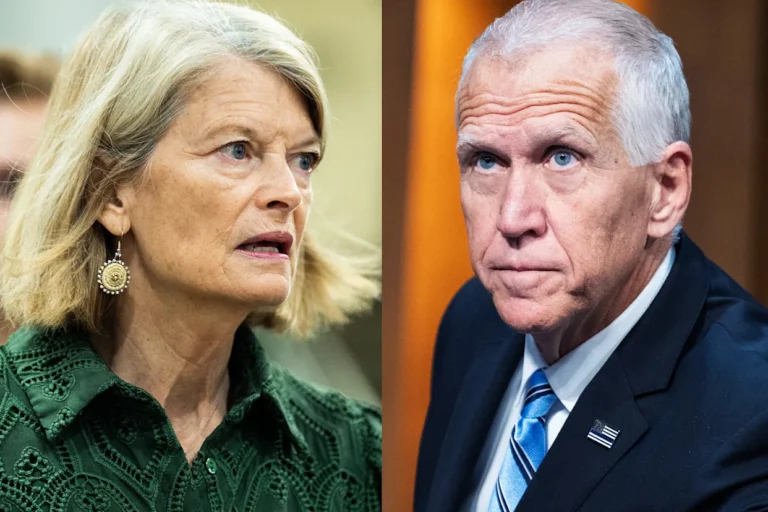
Settling into a gray upholstered chair in her living room in central London, beneath an enormous chandelier that makes even the nearby grand piano look compact, Michele Kang finds her mind drifting to the PBS home improvement series This Old House. She is fresh off a meeting with architects—down a glass-encased elevator to the conference room below her five-bedroom Knightsbridge apartment—and she has buildings on the brain.
She enjoys design, she says, clad in a cardinal-red double-breasted Valentino dress coat against the chill of a February afternoon, but she doesn’t have the patience to slog through a long television season. “I just want to see the before-and-after picture,” says Kang, 65. “Who cares about the middle? I want to see the final product.”
Her entire life, Kang has focused on the endgame. Her outcome-oriented approach has made her a phenomenally successful tech entrepreneur—ranking 28th on Forbes’ 2025 list of America’s Richest Self-Made Women (which publishes on June 3) with a net worth estimated at $1.2 billion. But while she might privately wish that she could skip the process, she’s also a woman who, after earning an economics degree from the University of Chicago and an MBA from Yale, meticulously mapped out the next 30 years of her career. She decided she would spend ten years consulting, to learn all aspects of a business, and then a decade as an executive before finally achieving her lifelong dream: becoming a CEO. She checked that last box in 2008 when she founded Cognosante, a health care IT company, which she sold last year for more than $1 billion.
Her entire life, Kang has focused on the endgame. Her outcome-oriented approach has made her a phenomenally successful tech entrepreneur—ranking 28th on Forbes’ 2025 list of America’s Richest Self-Made Women (which publishes on June 3) with a net worth estimated at $1.2 billion. But while she might privately wish that she could skip the process, she’s also a woman who, after earning an economics degree from the University of Chicago and an MBA from Yale, meticulously mapped out the next 30 years of her career. She decided she would spend ten years consulting, to learn all aspects of a business, and then a decade as an executive before finally achieving her lifelong dream: becoming a CEO. She checked that last box in 2008 when she founded Cognosante, a health care IT company, which she sold last year for more than $1 billion.
“I didn’t know who Leo Messi was,” she says of the Argentine soccer superstar, laughing. “Now, here I am.”
Kang took control of the Spirit in 2022 at a $35 million valuation, then considered an astronomical price for a women’s team. In reality, it was a bargain. Forbes estimates the Spirit are worth $130 million, and they aren’t the only NWSL club to have seen such dramatic appreciation. Last year, L.A.’s Angel City FC sold at a record $250 million valuation to Disney CEO Bob Iger and his wife, Willow Bay. Then, in January, the league selected Denver as its 16th franchise for a $110 million expansion fee. “Michele really set the valuation boom in motion,” NWSL commissioner Jessica Berman says.
Once again, Kang has an ambitious goal in mind, and this time, she is expecting her grand plan to take a lot less than 30 years. In the not-too-distant future, she believes, women’s soccer teams will be trading for $1 billion or more—and she’s willing to spend whatever it takes to make that happen. Between purchasing her three clubs, seeding a handful of women-focused sports startups and donating $30 million to the U.S. Soccer federation, Kang entered the sports world with an ante of at least $200 million. And she’s not done: Her February meeting with architects centered on her plans to construct a practice facility in Kent, southeast of London, for the Lionesses, and in April, she announced what amounted to a $25 million donation to U.S. Soccer as she handed over the nonprofit research arm of her holding company, which focuses on the biomechanics of female athletes.
At the same time, Kang and her fellow owners face a steep climb to approach the valuations of the 124 teams in the four major North American men’s sports leagues, which are all worth at least $1 billion and have appreciated nearly 1,800% on average since Forbes started valuing them in 1998. By comparison, the women’s leagues are still in their infancy, and many of the clubs have yet to show they’re able to generate real money. For example, despite having won the NWSL title in 2021 and reached the 2024 championship game, Kang’s Spirit posted roughly $15 million in regular-season revenue last year. Meanwhile, Major League Soccer’s D.C. United, playing home games at the same stadium, collected $90 million in 2024, according to Forbes estimates.











